Disabling or enabling YouTube AI dubbing isn’t as complex as it may sound. Nevertheless, this guide explains the step-by-step process of AI YouTube dub, its supported languages, and the way it treats your videos.
Here you will also learn how to manage YouTube AI dubbing while uploading a video, and explore the best AI voice cloning tool, which, when used correctly, accurately mimics your voice and tone to produce natural acoustics, even in a foreign language.
- Part 1. What Is YouTube AI Dubbing?
-
Part 2. How to Disable AI dubbing in YouTube?
HOT
- Part 3. How to Enable YouTube AI Dubbing?
- Part 4. How to Activate Non-AI Dubbing for Your Own YouTube Videos?
- Part 5. Best Alternative to YouTube AI Dubbing You Can Try
- Part 6. FAQs on YouTube AI Dubbing
Part 1. What Is YouTube AI Dubbing?
YouTube AI dubbing is a feature that automatically translates audio in your videos into other languages, making them understandable for audiences from various regions, thus expanding your reach globally.
Still in the experimental phase, language support in AI dubbing on YouTube is limited. The following is the list of languages (in alphabetical order) that YouTube can understand and translate into English:
Bengali
Dutch
French
German
Hebrew
Hindi
Indonesian
Italian
Japanese
Korean
Malayalam
Polish
Portuguese
Punjabi
Romanian
Russian
Spanish
Tamil
Telugu
Turkish
Ukrainian
Vietnamese
On the other hand, the languages that YouTube AI dubbing can translate to from English are fewer in number, and include:
Dutch
French
German
Hindi
Indonesian
Italian
Japanese
Korean
Polish
Portuguese
Spanish
Now that you know what YouTube AI dubbing is and which languages it supports, the following sections explain how to manage AI dubbing in YouTube with the least effort.
Part 2. How to Disable AI dubbing in YouTube?
Currently, YouTube AI dubbing is available only in selected regions, and if your area of residence falls within the range, the feature is likely to be enabled automatically for you. If so, and for some reason, you don’t want YouTube to dub videos into other languages, the following steps explain how to disable YouTube AI dubbing on your channel:
Note:
You must use a computer to disable AI dubbing in YouTube.
Step 1. Go to Channel’s Settings
Go to Your YouTube Channe. Click Settings.

Step 2. Go to Advanced settings
Click Upload defaults. Go to the Advanced settings tab.

Step 3. Disable AI Dubbing in YouTube
Scroll down to Automatic Dubbing. Uncheck Allow automatic dubbing. Click Save.

Part 3. How to Enable YouTube AI Dubbing?
If AI dubbing on YouTube is not automatically enabled for your channel, you can use the steps in the previous section to go to the ‘Advanced settings’ tab and click ‘Enable’. However, the ‘Enable’ button will be available only if your YouTube channel is eligible and approved for advanced features.
On the other hand, if you manually disabled YouTube AI dub (as explained in the previous section), re-enabling it is simple, and the steps are given below:
Step 1. Go to Advanced settings
As explained earlier, use the method in the previous section to go to the Advanced settings tab of YouTube Studio.
Step 2. Enable YouTube AI Dubbing
Scroll down to Automatic Dubbing. Check Allow automatic dubbing. Click Save.

Part 4. How to Activate Non-AI Dubbing for Your Own YouTube Videos?
You can even configure YouTube for automatic AI dubbing and publishing videos at the time of upload. The steps given below explain the process:
Step 1. Upload the Video
Click Create from the top-right besides your icon. Click Upload videos.

Upload the video.
Step 2. Reveal Additional Options
Scroll down the box that appears next. Click Show more.

Step 3. Allow Automatic YouTube AI Dubbing
Scroll down to Automatic Dubbing. Uncheck Manually review dubs before publishing.

Use the regular method to publish the video.
Part 5. Best Alternative to YouTube AI Dubbing You Can Try
While YouTube AI dubbing is good and the feature does the job well, it lacks a few things, such as:
No voice cloning
AI-enabled robotic tone
Inaccurate translations
Limited editing options
Considering this, many content creators disable AI dubbing on YouTube, and because they aren’t aware of any efficient AI tool, their videos remain limited within the region.
Luckily, BlipCut Video Translator is here to fill the gap and patch all the loopholes YouTube AI dubbing has.
When comparing BlipCut Video Translator with YouTube AI dubbing, the former:
Supports over 130 languages
Has built-in instant voice cloning
Generates natural audio mimicking your voice and tone
Translating videos with BlipCut Video Translator is easy, and the steps are given below:
Step 1. Upload the Video
Click here. Click Video Translator.

Click Upload Video. Upload the video you want to translate before publishing on YouTube.

Step 2. Set Translation Preferences
Pick the original language. Choose the output language. Select (if not already selected) Instant Voice Clone. Click Translate.

Step 3. Export and Download
Click Export from the top-right. Populate the available fields and choose export options. Click Export.

Click Download. Save the video.

Publish the translated video on YouTube.
Part 6. FAQs on YouTube AI Dubbing
Q1. How to turn off dubbing on YouTube on a phone?
A1: At the time of this writing, you can manage YouTube AI dubbing only from a computer. When using a computer, go to YouTube Studio > Settings > Upload defaults > Advanced settings and uncheck the Allow automatic dubbing box.
Q2. What is the best YouTube dubbing extension?
A2: The best one, by far, is AI Speak Subtitles for YouTube by BlipCut. It’s a Google Chrome extension. Click here to get it now.
Q3. Is there an extension that translates YouTube videos?
A3: The most popular for Google Chrome is AI Speak Subtitles for YouTube by BlipCut, which you can download from here.
Conclusion
The YouTube dubbing AI feature is good. However, when it comes to accuracy and efficiency, you can’t rely on its automated system as it may make mistakes. Therefore, as a content creator with big ambitions, you need a stable, trustworthy, and efficient tool that accurately translates the audio in videos. Luckily, BlipCut Video Translator checks all the boxes and eliminates the need for using YouTube AI dubbing.
Leave a Comment
Create your review for BlipCut articles

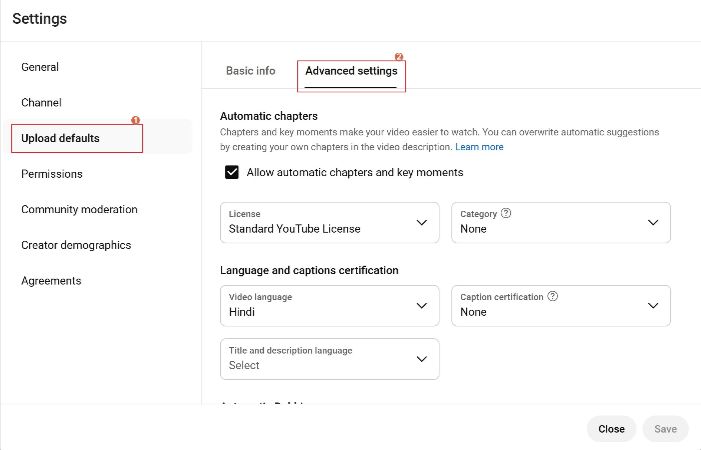
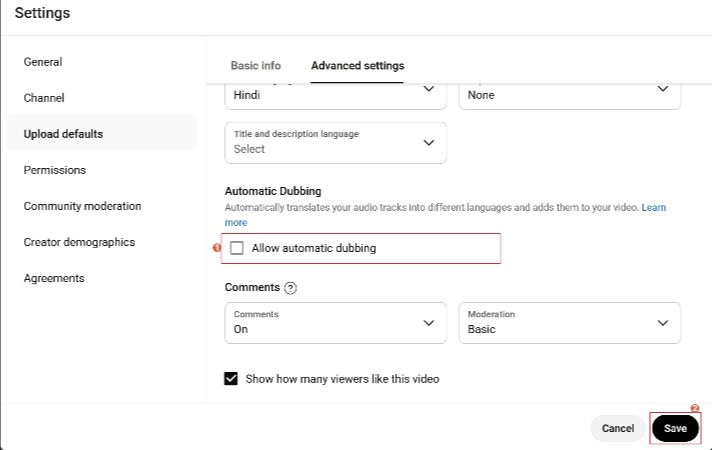
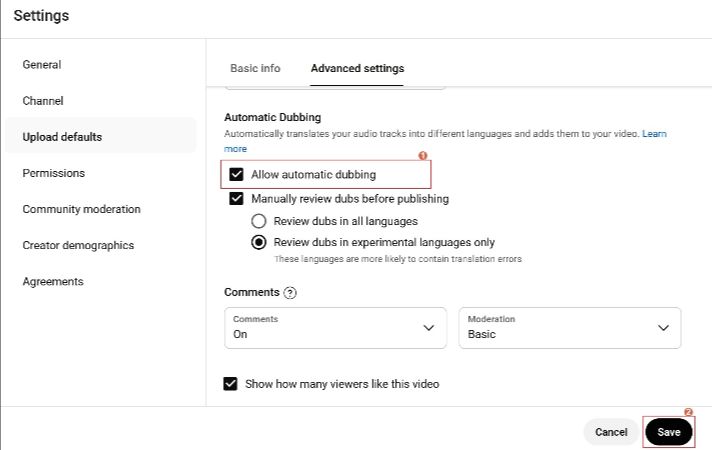
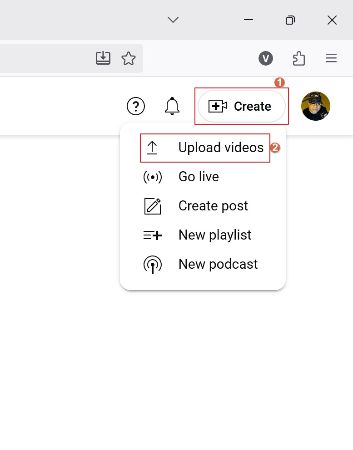
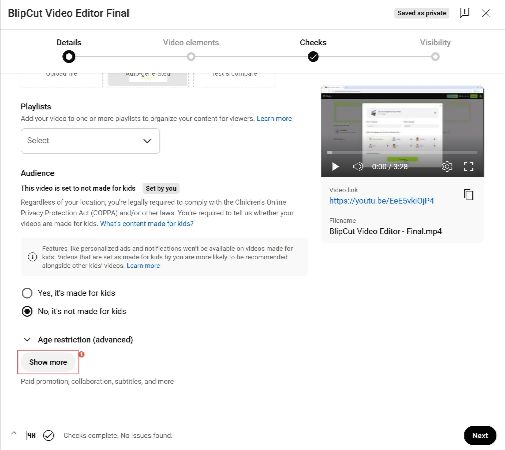
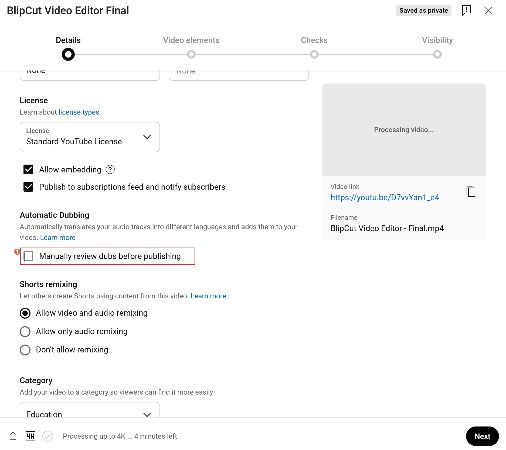



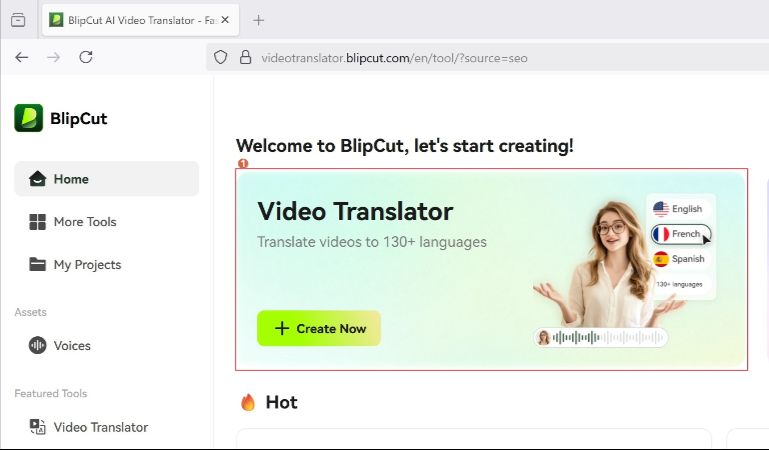
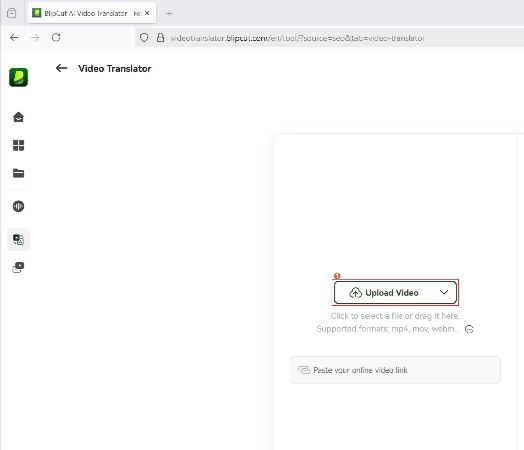
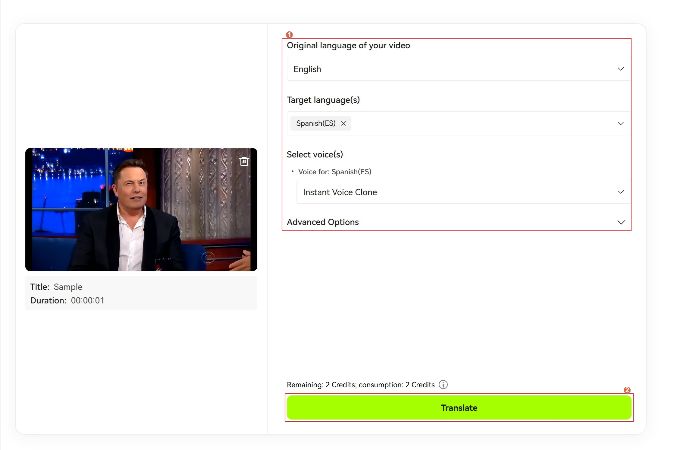
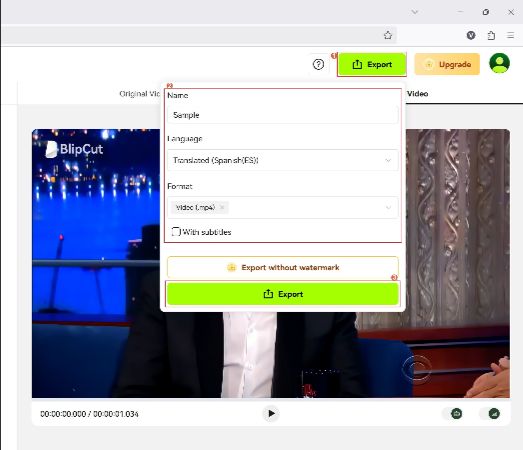
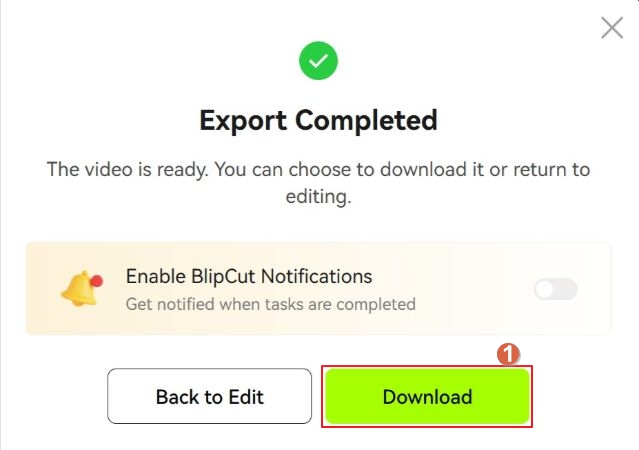

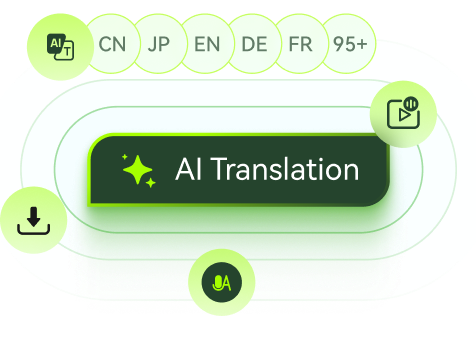
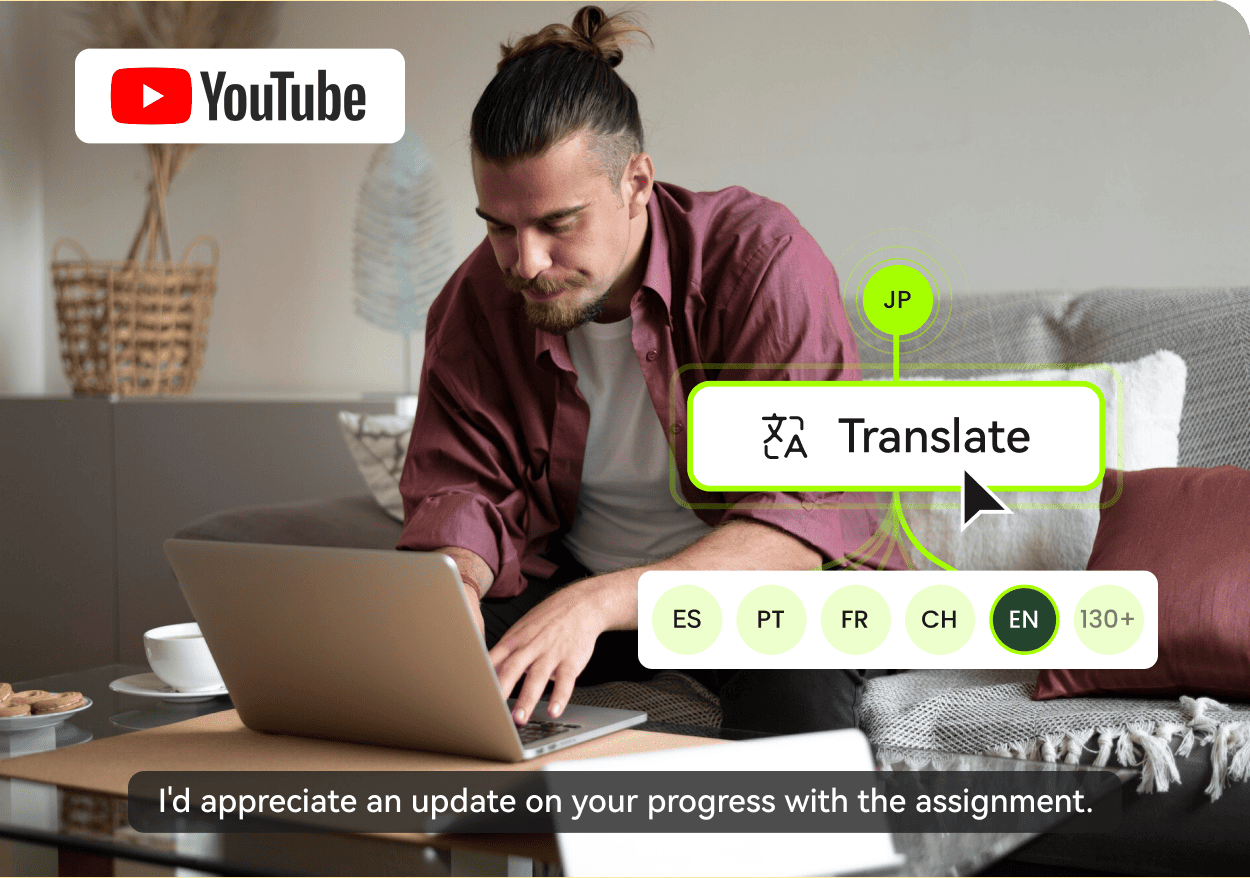
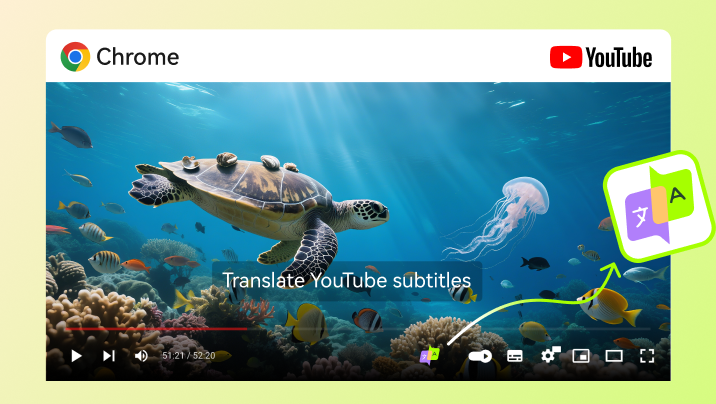
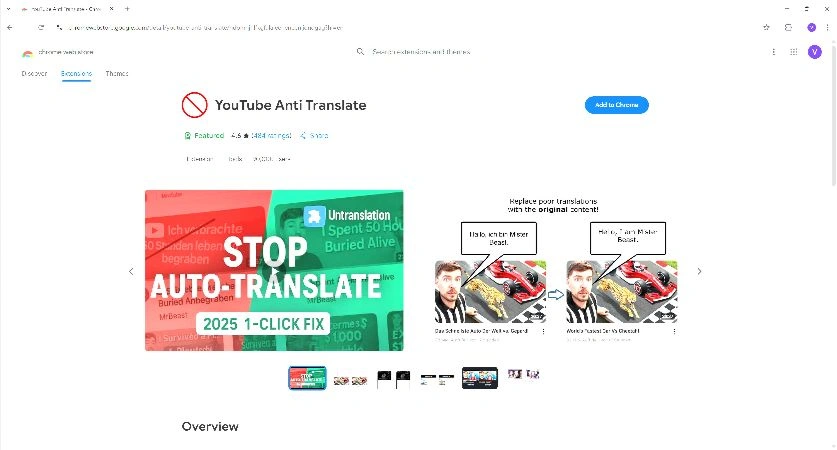
Blake Keeley
Editor-in-Chief at BlipCut with over three years of experience, focused on new trends and AI features to keep content fresh and engaging.
(Click to rate this post)